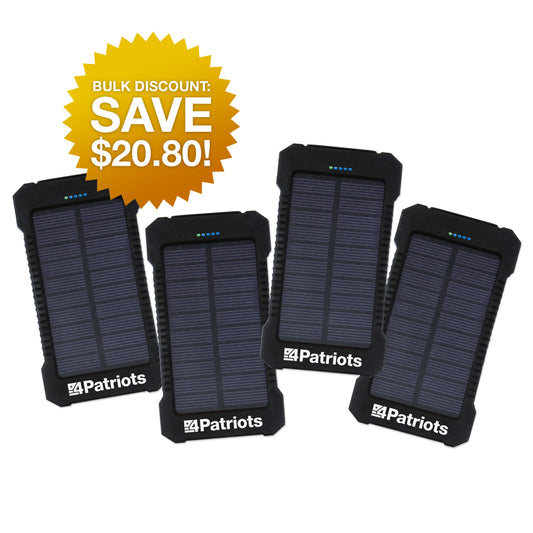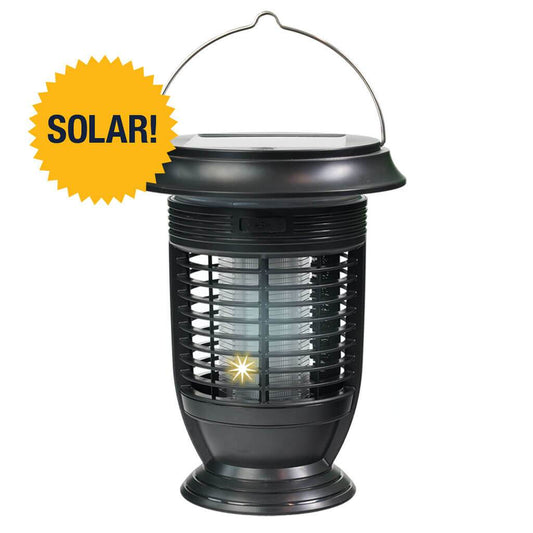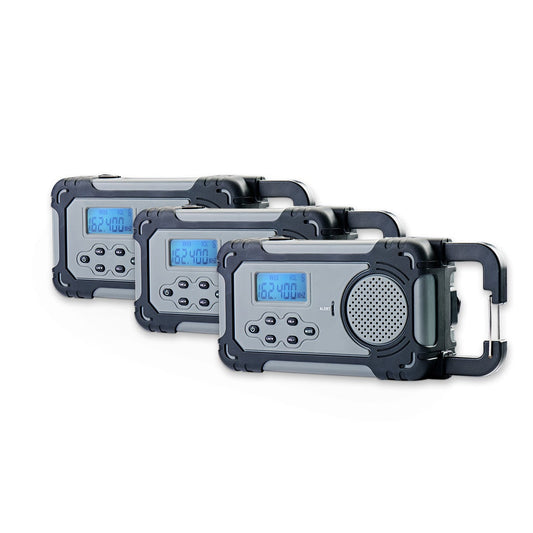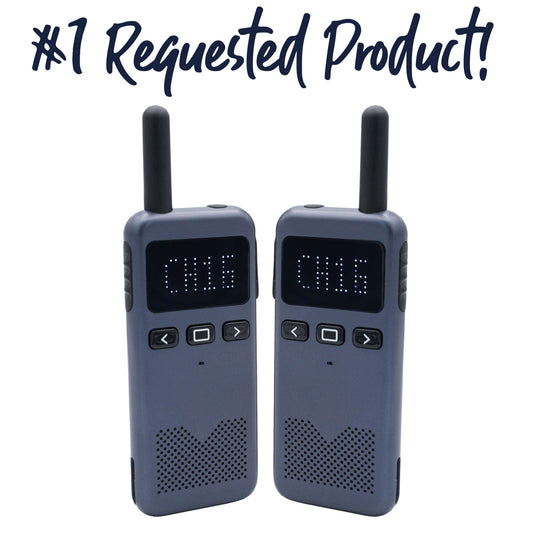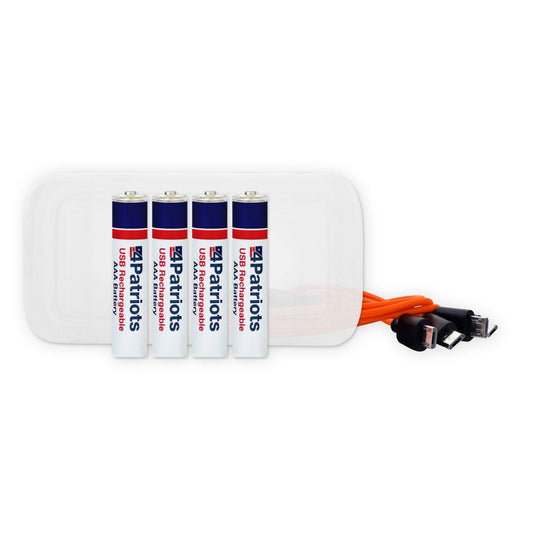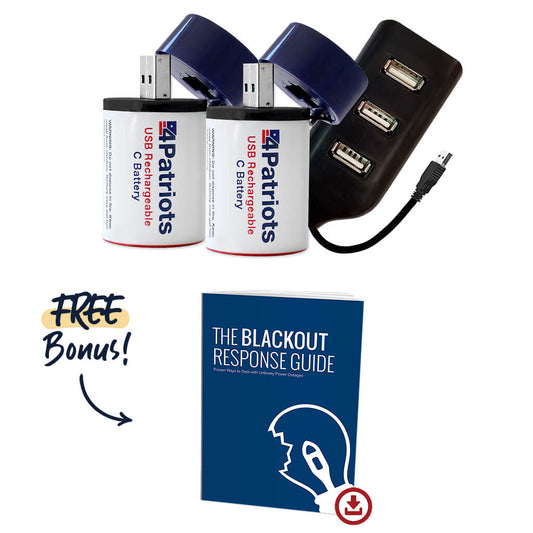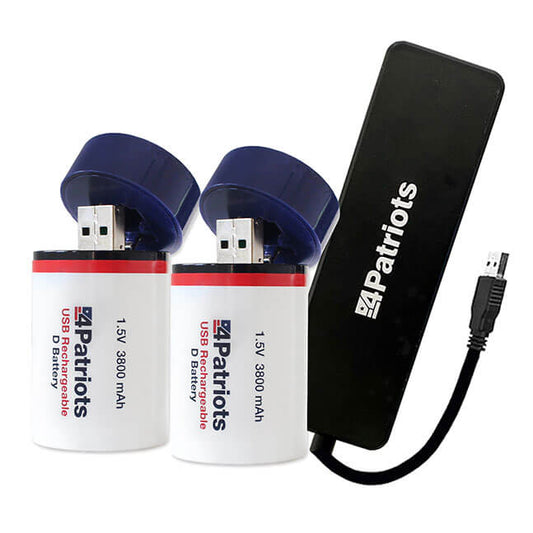
The Lowest of Low... Scamming U.S. Vets Out of Money & Private Info

We hear about scams all the time. People who apparently do not possess a conscience prey on the unsuspecting every day.
They target the elderly, the young and everyone in between. They try to bilk the innocent out of money and private information.
Another group increasingly being selected by these criminals are U.S. veterans. In fact, a recent study found that vets are twice as likely as non-vets to lose funds to fraud.
After faithfully serving their country and laying their lives on the line, these veterans deserve to be treated as heroes. Instead, some lowlifes are trying to take advantage of them.
Plenty of Scams to Go Around
How do these scammers fool vets into making payments or divulging personal information? Unfortunately, they have a variety of tricks up their sleeves.
One is attempting to give fees for veterans to apply for VA benefits. When it's attorneys doing the scamming, they might call it a "pre-filing consultation fee."
Federal law prohibits individuals from charging veterans fees to help them apply for benefits.
Another way is by having unreasonable fees for legal services. An example was a veteran and his spouse being charged $31,000 in fees. The Kansas Supreme Court ruled it should have been closer to $5,000.
Most Scammers Don't Get Caught
A group in Virginia recently made high-interest loans to more than 1,000 veterans and retirees.
The group disguised its illegal, high-interest loans as "pension sales." The Virginia Attorney General penalized the group more than $50 million.
While some scammers get caught, most do not. Some in-home care providers ask veterans for more than others because they know how much the VA provides for this care. Some scams are simple, such as a phone call asking for a donation to a fake charity.
Other scammers take advantage of vets who don't attach a voided check when applying for pension benefits. That can result in funds being directly deposited into the scammer's account.
Disabled Vets Targeted
The most desirable targets for scammers who want to prey on veterans are those receiving disability.
That's because these vets have funds streaming in for a lifetime. And sometimes they have conditions that negatively affect their ability to manage finances.
Some vets with disabilities are talked into selling their military advantages because they need funds in a hurry.
And sometimes that quick funds come as loans with high interest rates. They end up putting the veteran even deeper in debt.
VA Called Out
No one is more to blame for this situation than those who target vets. But some say the Veterans Administration (VA) is not doing enough to protect vets.
A recent report from the Government Accountability Office (GAO) says the VA needs to do more. Especially for older vets who might be more likely to believe a scam.
The GAO also said the VA needs to coordinate with other government agencies to track down and prosecute those who prey on vets. And place more warnings on applications and sites about fraud potential.
The VA has also been asked to better train its staff to spot fraud. And examine ways to prevent direct deposit fraud.
VA Responds to Criticism
To be fair, the VA does have programs aimed at curbing financial exploitation. Vets can contact call centers to report scams. And attorneys are available to assist in filing claims.
The VA's response has been to agree with most recommendations from the GAO. But they say a number of these scams are not technically illegal. And that veterans can exhaust benefits however they choose.
They say their main focus regarding fraud has to be combatting illegal activities.
Here's what one VA representative said.
"What veterans do with their disability benefits they receive from VA is typically outside of VA control."
Lawmakers and Vets Are Angry
The Better Business Bureau also issued a report about veterans falling prey to scams. In 2018, there were 28,000 business complaints and 5,000 scam reports filed by military consumers.
Not surprisingly, these scammers have angered plenty of people. U.S. Senator Martha McSally of Arizona said this.
"As a veteran myself, there is a special place in hell for these people who are scamming our heroes. This is infuriating."
One veteran who was the victim of a scam said this. "People who target veterans like that are a special kind of bad. I hope they get what's coming to them. I really do."
AARP Gives Its 'Don'ts'
The American Association of Retired Persons gives these suggestions to veterans.
- Don't provide sensitive information such as credit card details or your Social Security number over the phone or in an email unless you are certain who you are dealing with.
- Don't wire funds to someone you don't know. There's little chance of recovering your funds in case of fraud.
- Don't exhaust funds for copies of your military records. You can get them from your local VA for nothing.
- Don't allow someone else to access your information from the VA without authorized power of attorney.
- Don't pursue jobs on employment boards if you have to give anything to get the job or supply credit card or banking information.
At the end of the day, it's up to veterans – and everyone else – to beware of scams. It's unfortunate, but that's the world we live in.
Featured Products
- Regular price
- From $1,136.47
- Regular price
-
- Sale price
- From $1,136.47
- Unit price
- per
- Regular price
- $354.17
- Regular price
-
- Sale price
- $354.17
- Unit price
- per
- Regular price
- $3,551.66
- Regular price
-
$4,543.05 - Sale price
- $3,551.66
- Unit price
- per
- Regular price
- $3,554.50
- Regular price
-
$4,258.58 - Sale price
- $3,554.50
- Unit price
- per
- Regular price
- From $42.60
- Regular price
-
$170.40 - Sale price
- From $42.60
- Unit price
- per
- Regular price
- $3,554.50
- Regular price
-
- Sale price
- $3,554.50
- Unit price
- per
- Regular price
- $709.76
- Regular price
-
- Sale price
- $709.76
- Unit price
- per
- Regular price
- $41.25
- Regular price
-
- Sale price
- $41.25
- Unit price
- per
- Regular price
- $3,976.95
- Regular price
-
- Sale price
- $3,976.95
- Unit price
- per
- Regular price
- $42.60
- Regular price
-
- Sale price
- $42.60
- Unit price
- per
- Regular price
- $137.97
- Regular price
-
- Sale price
- $137.97
- Unit price
- per
- Regular price
- $7,110.43
- Regular price
-
- Sale price
- $7,110.43
- Unit price
- per
- Regular price
- $71.05
- Regular price
-
- Sale price
- $71.05
- Unit price
- per
- Regular price
- From $98.14
- Regular price
-
- Sale price
- From $98.14
- Unit price
- per
- Regular price
- $285.90
- Regular price
-
- Sale price
- $285.90
- Unit price
- per
- Regular price
- From $129.39
- Regular price
-
$184.84 - Sale price
- From $129.39
- Unit price
- per
- Regular price
- $1,420.95
- Regular price
-
- Sale price
- $1,420.95
- Unit price
- per
- Regular price
- $42.60
- Regular price
-
- Sale price
- $42.60
- Unit price
- per
- Regular price
- From $41.96
- Regular price
-
$44.08 - Sale price
- From $41.96
- Unit price
- per
- Regular price
- $183.49
- Regular price
-
- Sale price
- $183.49
- Unit price
- per
- Regular price
- From $38.40
- Regular price
-
$568.66 - Sale price
- From $38.40
- Unit price
- per
- Regular price
- $4,969.76
- Regular price
-
- Sale price
- $4,969.76
- Unit price
- per
- Regular price
- From $283.05
- Regular price
-
$292.30 - Sale price
- From $283.05
- Unit price
- per
- Regular price
- $142.17
- Regular price
-
- Sale price
- $142.17
- Unit price
- per
- Regular price
- $42.60
- Regular price
-
- Sale price
- $42.60
- Unit price
- per
- Regular price
- $12.79
- Regular price
-
$42.60 - Sale price
- $12.79
- Unit price
- per
- Regular price
- $142.17
- Regular price
-
- Sale price
- $142.17
- Unit price
- per
- Regular price
- $42.60
- Regular price
-
- Sale price
- $42.60
- Unit price
- per
- Regular price
- $85.27
- Regular price
-
- Sale price
- $85.27
- Unit price
- per
- Regular price
- $17.04
- Regular price
-
$42.60 - Sale price
- $17.04
- Unit price
- per
- Regular price
- $63.94
- Regular price
-
$63.94 - Sale price
- $63.94
- Unit price
- per
- Regular price
- $35.49
- Regular price
-
$71.05 - Sale price
- $35.49
- Unit price
- per
- Regular price
- $163.50
- Regular price
-
- Sale price
- $163.50
- Unit price
- per
- Regular price
- $268.83
- Regular price
-
- Sale price
- $268.83
- Unit price
- per
- Regular price
- $709.76
- Regular price
-
- Sale price
- $709.76
- Unit price
- per
- Regular price
- $85.27
- Regular price
-
- Sale price
- $85.27
- Unit price
- per
- Regular price
- $56.82
- Regular price
-
- Sale price
- $56.82
- Unit price
- per
- Regular price
- $85.27
- Regular price
-
- Sale price
- $85.27
- Unit price
- per
- Regular price
- $28.38
- Regular price
-
- Sale price
- $28.38
- Unit price
- per
- Regular price
- $142.17
- Regular price
-
- Sale price
- $142.17
- Unit price
- per
- Regular price
- $98.14
- Regular price
-
- Sale price
- $98.14
- Unit price
- per
- Regular price
- $20.30
- Regular price
-
$31.22 - Sale price
- $20.30
- Unit price
- per
- Regular price
- $213.28
- Regular price
-
- Sale price
- $213.28
- Unit price
- per
- Regular price
- $113.72
- Regular price
-
- Sale price
- $113.72
- Unit price
- per
- Regular price
- $56.82
- Regular price
-
- Sale price
- $56.82
- Unit price
- per
- Regular price
- $163.50
- Regular price
-
- Sale price
- $163.50
- Unit price
- per
- Regular price
- $56.82
- Regular price
-
- Sale price
- $56.82
- Unit price
- per
- Regular price
- $142.17
- Regular price
-
- Sale price
- $142.17
- Unit price
- per
- Regular price
- $35.49
- Regular price
-
- Sale price
- $35.49
- Unit price
- per
- Regular price
- $35.49
- Regular price
-
- Sale price
- $35.49
- Unit price
- per







